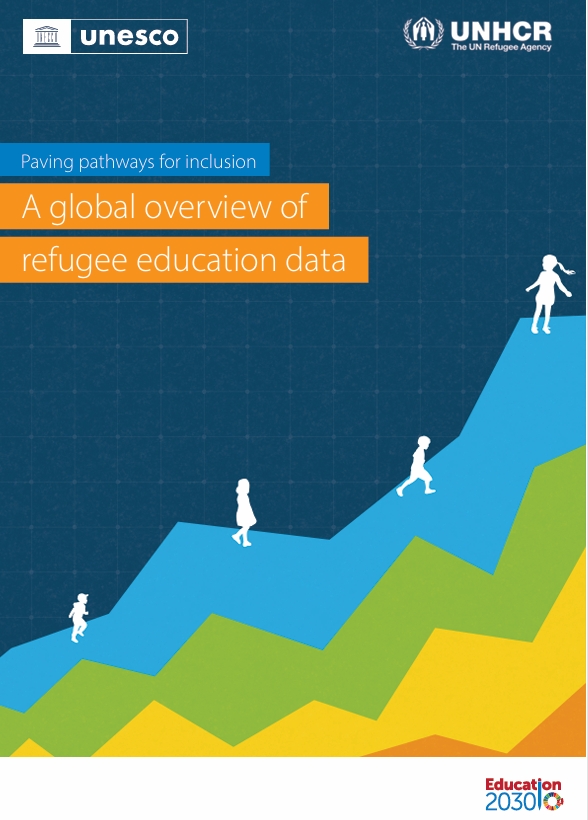Introduction“We raise the flag for education as a universal human right — no one must be denied access because of disability. This is a UNESCO priority, and we are acting across the world to break down barriers for people with disabilities, to empower them as agents of change. This means transforming schools and learning centres. It means adapting teaching practices to cater for all. This is why I urge all Governments and development partners, all teachers, parents and private sector providers, to remove the barriers to and in learning, to realize the full and equal participation of all persons with disabilities in society.”– Irina Bokova, Director-General of UNESCO, on the occasion of the Global Action Week20141It is estimated that more than one billion people around the world have some form of disability2 – with over four in five persons living in developing countries3 – and 93 million of them are children under the age of 14 living with a ‘moderate or severe disability’.4 Despite these rough numbers, there is a severe lack of concrete and accurate data showing the true scale of discrimination worldwide and on a national level. This is even more the case for education-related data, as there is only little information regarding persons with disabilities. Approximate figures show that the situation is worrying with about 62 million children at primary school age having a disability around the world and 186 million children with disabilities who have not completed primary school education.
Connect with us :






